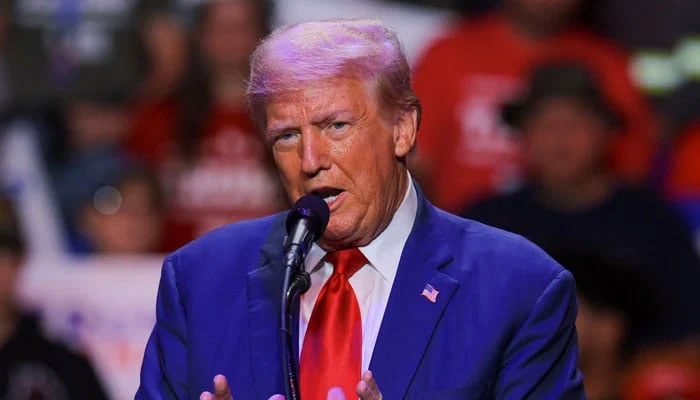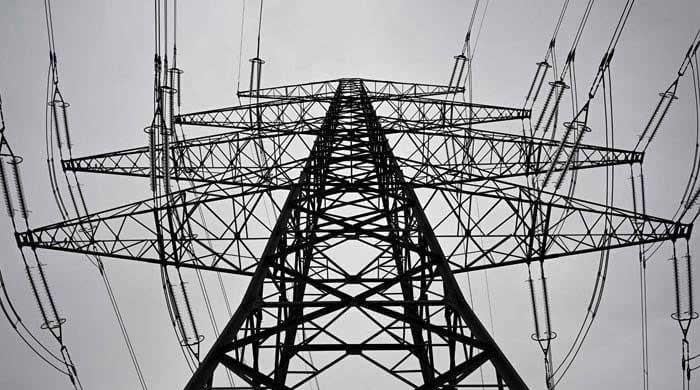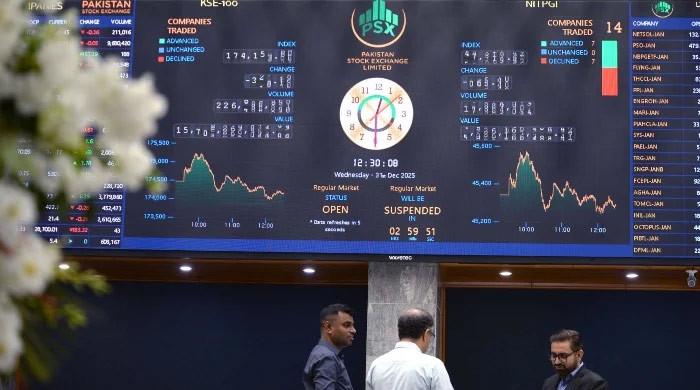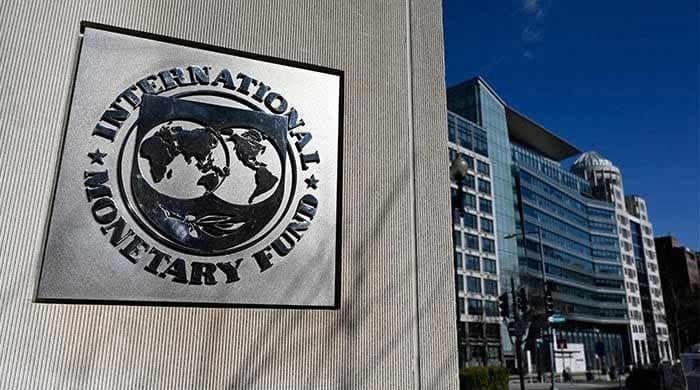US pushes countries for best offers by Wednesday as tariff deadline looms
Document suggests urgency within Trump administration to complete deals against its own tight deadline
June 02, 2025

The Trump administration wants countries to provide their best offer on trade negotiations by Wednesday as officials seek to accelerate talks with multiple partners ahead of a self-imposed deadline in just five weeks, according to a draft letter to negotiating partners viewed by Reuters.
The draft, from the office of the United States Trade Representative, provides a window into how President Donald Trump plans to bring to a close unwieldy negotiations with dozens of countries that kicked off on April 9 when he paused his "Liberation Day" tariffs for 90 days until July 8 after stock, bond and currency markets revolted over the sweeping nature of the levies.
The document suggests an urgency within the administration to complete deals against its own tight deadline. While officials such as White House economic adviser Kevin Hassett have repeatedly promised that several agreements were nearing completion, so far only one agreement has been reached with a major US trading partner: Britain. Even that limited pact was more akin to a framework for ongoing talks than a final deal.
According to the draft document, the US is asking countries to list their best proposals in a number of key areas, including tariff and quota offers for purchase of US industrial and agricultural products and plans to remedy any non-tariff barriers.
Other requested items include any commitments on digital trade and economic security, along with country-specific commitments, according to the letter.
The US will evaluate the responses within days and offer "a possible landing zone" that could include a reciprocal tariff rate, according to the letter.
It was unclear to which specific countries the letter would be sent, but it was directed at those where negotiations were active and included meetings and exchanges of documents. Active negotiations have been under way with the European Union, Japan, Vietnam and India, among others.
A USTR official said trade negotiations were ongoing. “Productive negotiations with many key trading partners continue at a rapid pace. It is in all parties’ interest to take stock of progress and assess any next steps.”









